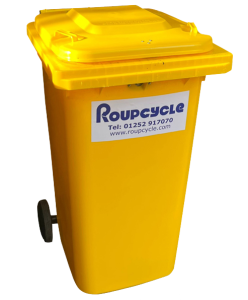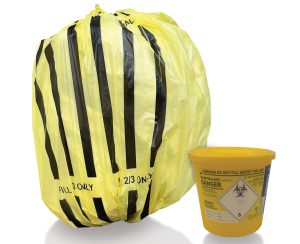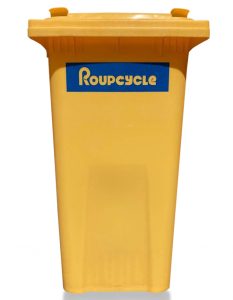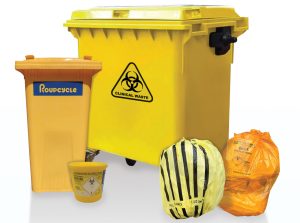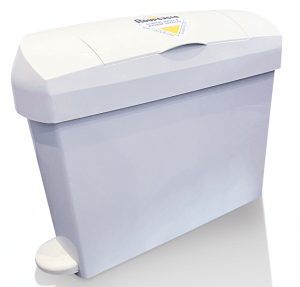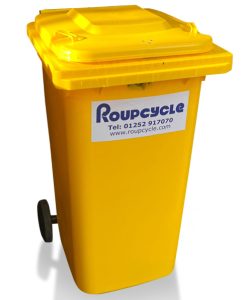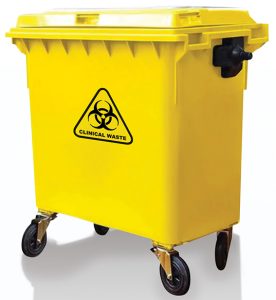Types of Clinical Waste
There are many different categories of clinical waste, for a comprehensive overview please check out thegovernment website. Below the types of clinical waste are split into the five main types of hazardous and non-hazardous items that would require clinical waste collection.
Hazardous Types of Clinical Waste
Infectious Waste is items contaminated with blood, bodily fluids, or other nasty infectious materials. To prevent infection spread, infectious clinical waste requires special containers and is often incinerated.
Pathological Waste comprises Human tissues, organs, and body parts removed during surgery or autopsy. Again, this type of waste must be incinerated or treated to render it non-infectious.
Sharps Waste comprises objects that can puncture or lacerate the skin, such as needles, syringes, and scalpels. Sharps clinical waste requires secure disposal to prevent injury and infection.
Pharmaceutical Waste includes expired or unused medications and vaccines. These require careful disposal, often through incineration or chemical treatment, to avoid contamination and misuse.
Chemical Waste is disinfectants, solvents, and other chemicals used in medical procedures that require exceptional handling and disposal to prevent environmental harm.
Non Hazardous Types of Clinical Waste
Bandages and dressings that are non-infectious and have not come into contact with blood or other infectious substances are crucial for health and safety. Keeping them far from dangerous materials is also crucial.
General office waste such as paper, cardboard, and packing materials are produced by administrative tasks within clinical workspaces.
Food waste, which includes leftovers from staff canteens and patient meals. Free from dangerous compounds.
Non-contaminated glass and plastic, such as unbroken glass bottles and non-medical containers. These products are generally recyclable and do not contain any dangerous components.
Empty IV bags and tubing that have been washed are clear of potentially dangerous materials. These should be disposed of appropriately to keep the medical environment safe and clean.




